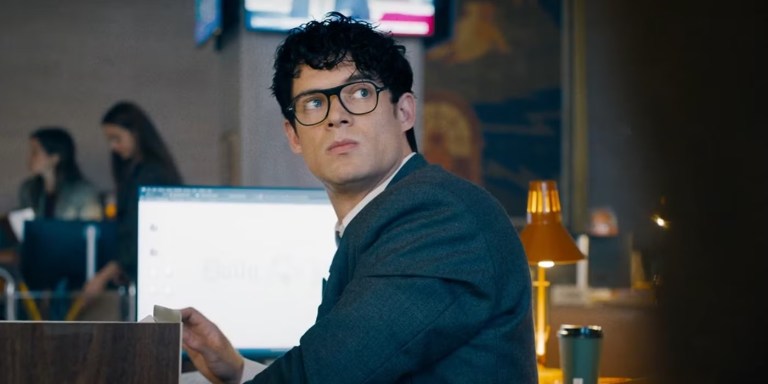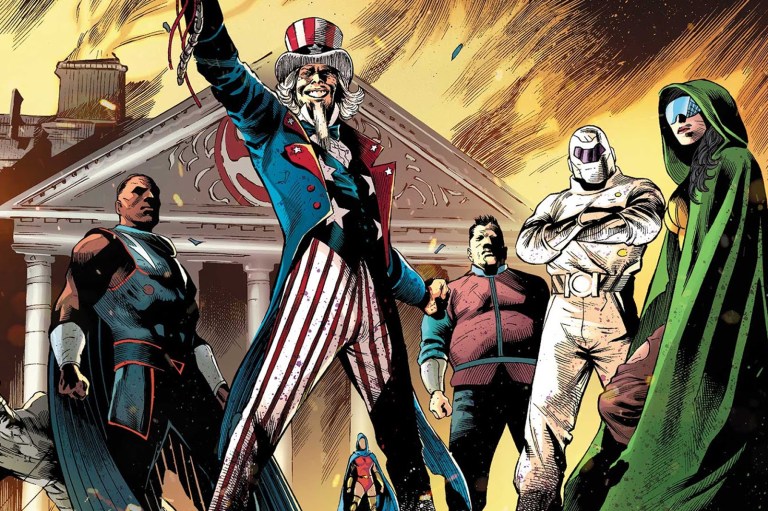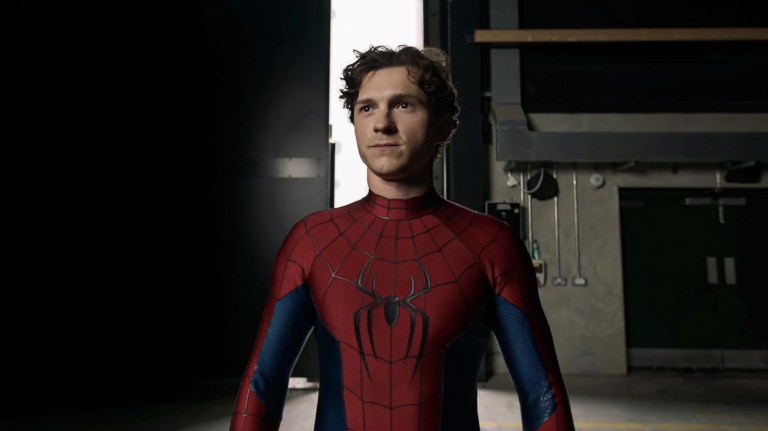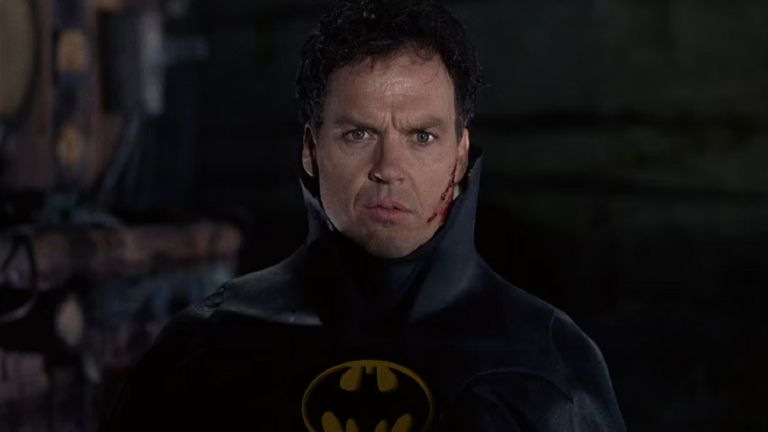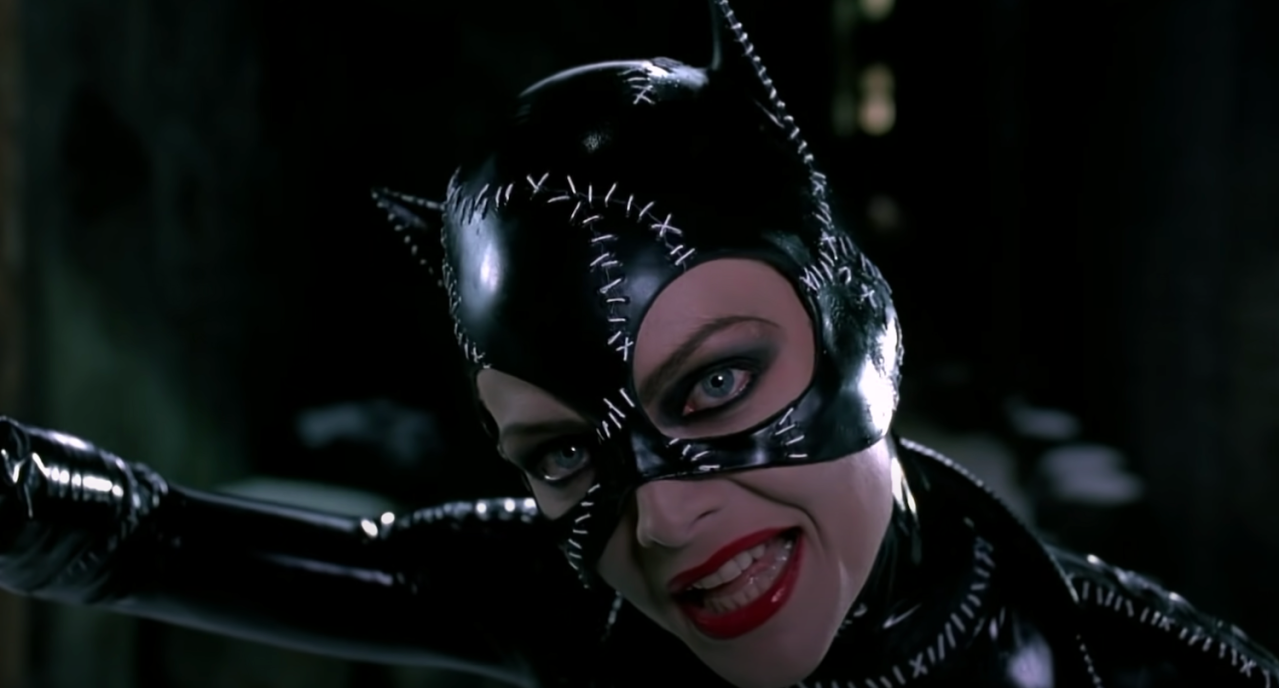
Why We Need to Bring Back Campy Superhero Films
By ![]() Josh Lezmi
Josh Lezmi
Superhero films have gone through many transformations over the last few decades — from the classically uplifting and virtuous Christopher Reeve-led Superman to the gritty and broody atmosphere of Christopher Nolan’s Dark Knight series. And now, we have the testosterone-driven, banter-filled, high-octane CGI franchises of the Marvel Cinematic Universe. Yet, between the grandeur and the gruesome, we got a splendid smattering of campy superhero spectacles like Joel Schumacher’s Batman & Robin and Tim Burton’s Batman Returns.
These films featured over-the-top costumes and dialogue just as vibrant and snappy as their comic book source material. The “pows” and “whams” of the comic book pages — the elaborate and sensational world that is intentionally larger-than-life — seamlessly transferred from page to screen.
Who could forget Michelle Pfeiffer’s Catwoman: clad in tight black leather and adorned with a whip who backflipped her way out of focus? She skipped so merrily as she catalyzed chaos. Or, sliced a predator’s face — vertically then horizontally — while the words “tic tac toe” oozed from her lips with steady vitriol. She even whispered with a breathy authority six memorable words: “I am Catwoman. Hear me roar.” Her lip slightly twitched with disappointment and festering aggravation. Her performance carried a heightened undertone. She boasted an intentionally contrived persona — illustrated with such histrionic consistency as to draw a line in the sand between real-life villainy and the entertaining-before-threatening tone cemented here.
Then there was Uma Thurman’s Poison Ivy who boasted two giant red buns atop her head and eye makeup that would make a drag queen swoon. And the way she delivered her dialogue with an air of seductive sorcery was at once flirtatious and threatening. Ivy tells Robin, “Freeze has taken the new telescope and turned it into a giant freezing gun. He’s about to turn Gotham into an ice cube.” A line like this is amusing in its simplicity, as it lacks the pseudo-scientific mumbo-jumbo akin to contemporary superhero movies that — though featuring individuals who fly and shoot magic beams from their bodies — feel an incessant need to aim for a degree of realism. Oh, and the way Ivy sashayed across her lair — hips jutting each way as if pulled by a string was deliciously deviant. Once again: flamboyance to the forefront.
There’s a sense of artifice and theatricality to Ivy and Catwoman’s villainy. They do not succumb to depictions that would have them mirror the likes of an everyday bank robber or homicidal serial killer, for they are intentionally so far from the threats a real society faces. Name a historical baddie who introduced themselves with a sultry whisper or sat atop a flowery throne with their hair blowing in the wind… despite the indoor setting.
The vibrant color palette and extravagant performances are directly in line with the camp aesthetic — subverting seriousness in favor of joyfulness and taking what is so often considered “low-brow” to make an artistic treasure — to make an experience that we can dive into guilt-free. We can sink our teeth into and enjoy the villainous badassery consequence of the campy detachment from reality.
Despite all the deaths and explosions, and the “we’re all gonna die” throughline, there’s an underlying sense of ease. Today’s comic book movies, in aiming to relay the woes of contemporary society — in trying to make some critically-worthy commentary on the heinousness of the “real world” — have lost the comic book eccentricity.
The fantastical flair of the POWS, BIFFS, BOOMS, SNAPS, PINGS, AND WHAMS have been supplanted by gray morality, capitalistic dangers, and the all-too-imaginable biological warfare. Superhero flicks have sacrificed flavorful fun in favor of “fact-leaning fantasy” — in favor of some sort of amalgamation of fiction and nonfiction. They blur the lines between supervillain and criminal, superhero and social justice warrior. And, this is not to say that these movies aren’t great in their own right. Rather, they feel like a far cry from their comic book counterparts. From the youthful bliss tied to turning the pages of a rainbow-hued fantasy world.
Comic books are innately campy. If you trace back their origin, you stumble upon pulp magazines and serialized adventure stories, which feature grandiose melodrama and sensationalized narratives. The bold colors, dynamic superhero poses, and heightened facial expressions all work to enhance the comics’ air of theatricality. You receive this larger-than-life atmosphere that does not (and cannot) exist on our boring, homosapien-ruled planet.
The black-and-white morality akin to traditional comic books also lends itself to campiness. Developing characterizations with such broad brushstrokes doesn’t create much room for nuance and, in the absence of nuance often comes the absence of subtlety. And if camp is anything, it is the antithesis of subtle.
We need campy comic book movies once again. We need the escapism of unrealistic threats with gigantic space lasers. We need our heroes and villains dressed in nipple-adorned supersuits.
It’s not to say that there is something wrong with the modern superhero cinematic space, but rather, something else should exist alongside that world where all the humor is the same, all the science is synonymous, and all the men boast a sense of humor best described as playboy meets boy next door meets teenage quipster.
Bring back the ostentation. Bring back the vibrant colors and the dialogue that’s just a little cringe. Bring back the catchphrases and maniacal laughs. Let us escape once more into our villains and heroes. And let us love our villains just as much as we love our heroes without feeling bad about it. For when a villain is campy — when there is no sobriety in their criminality — they become but a kooky caricature. Felonious but not foreboding. Treacherous but not tangible. This is the imaginative glory of the campy superhero movie, and that glorious approach to superhero storytelling deserves a return to the spotlight. We need a break from the cookie-cutter super flicks, and camp is the nostalgic answer.
